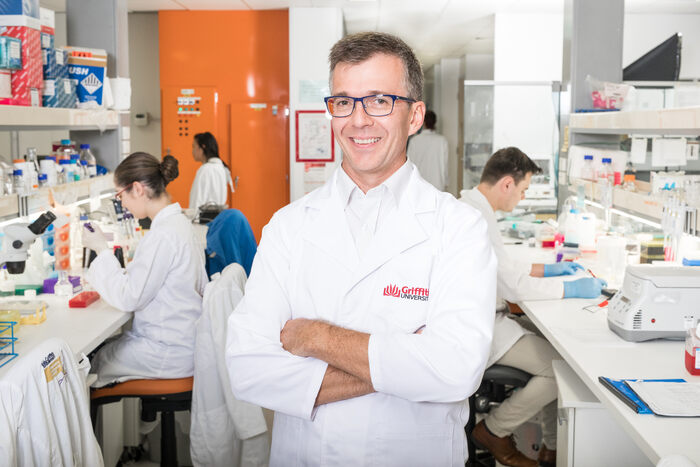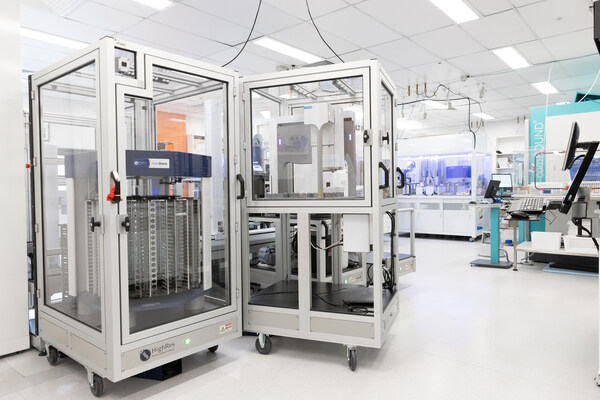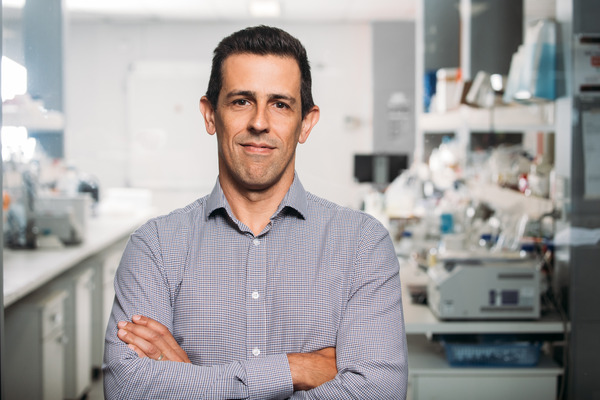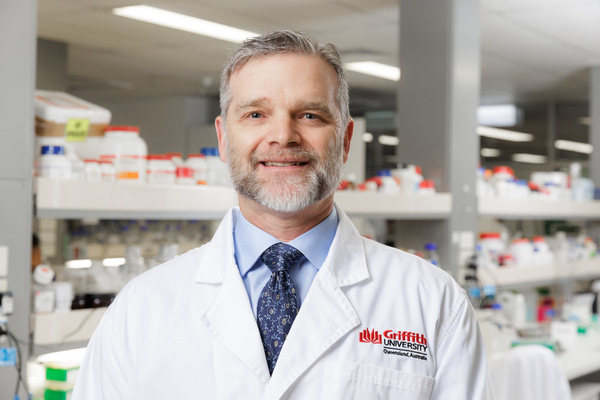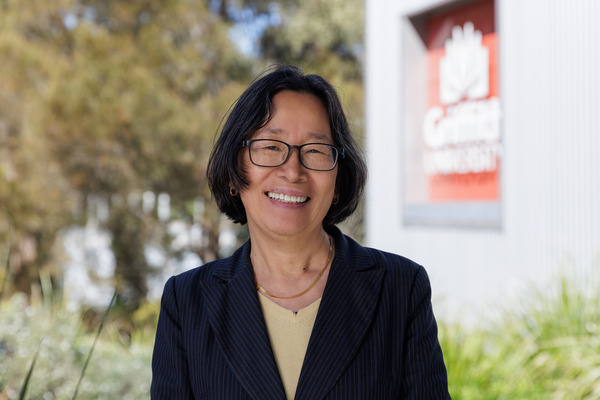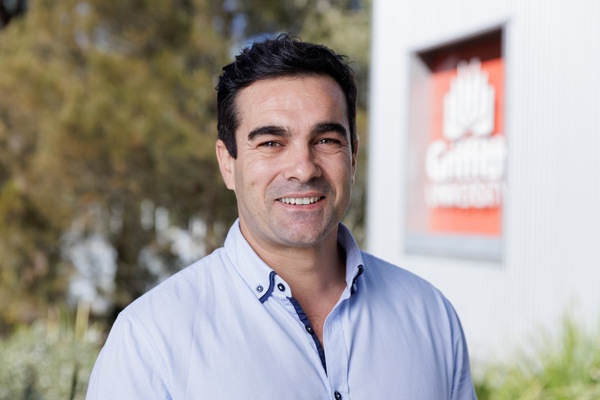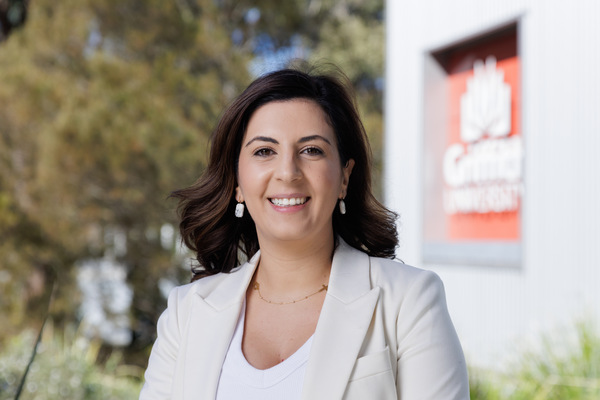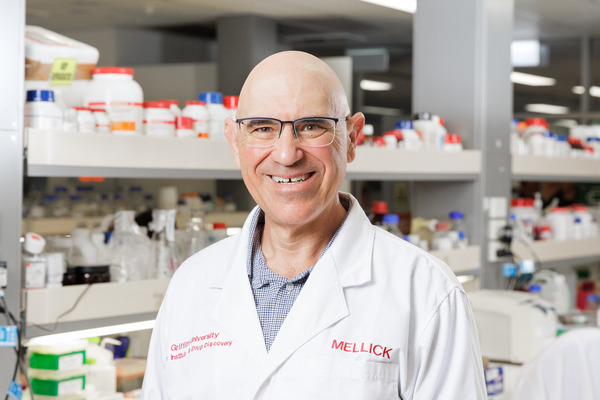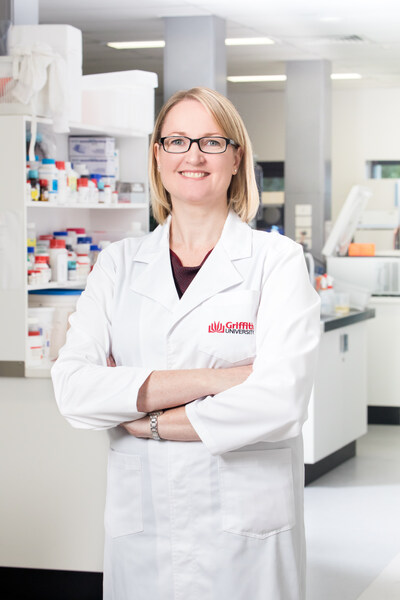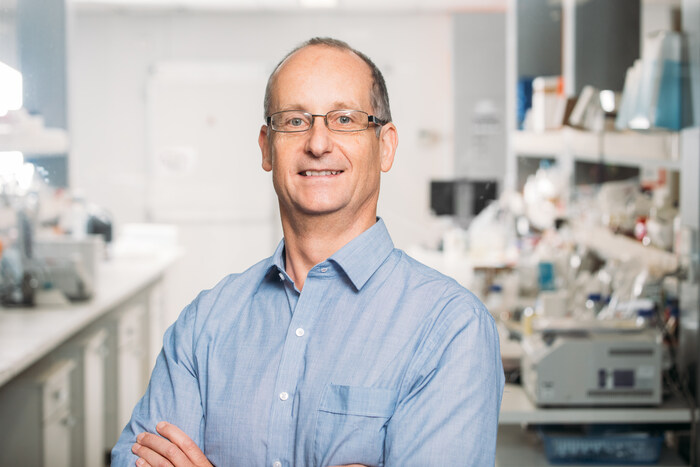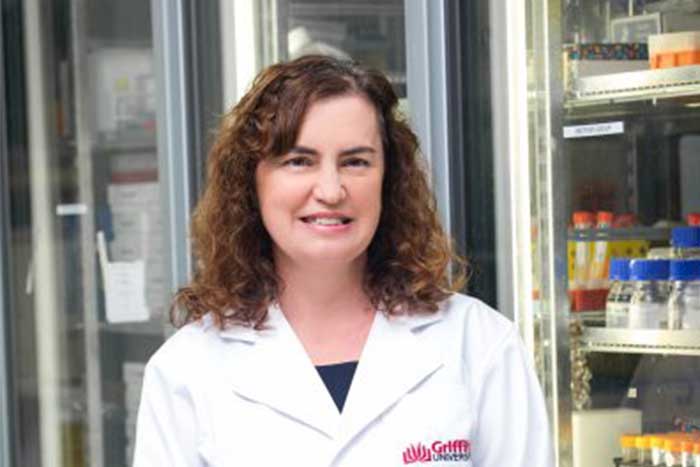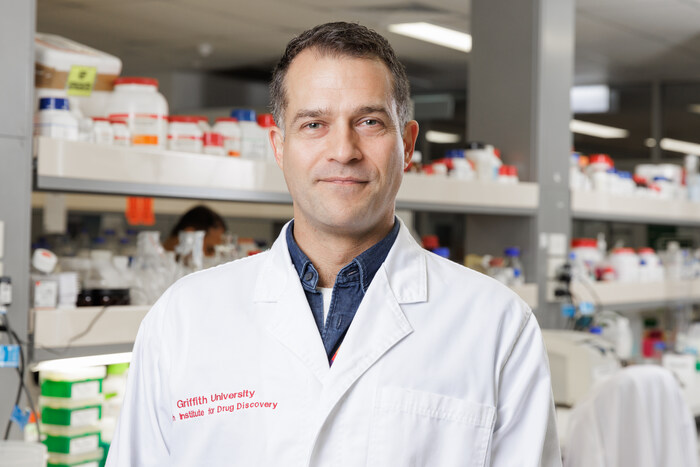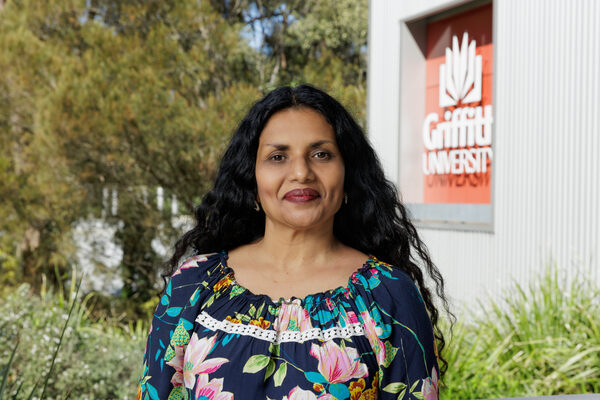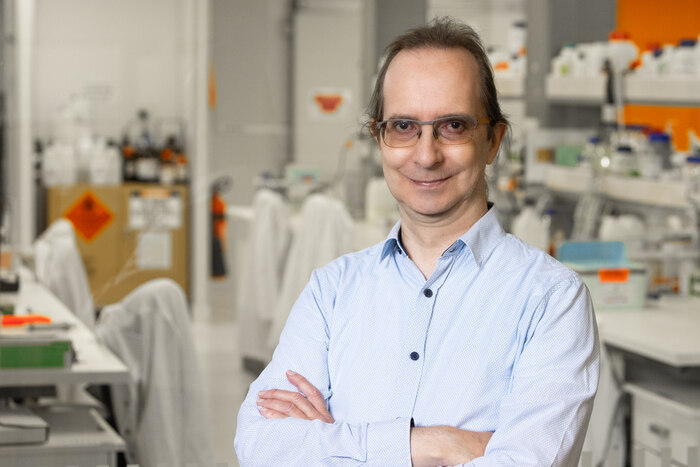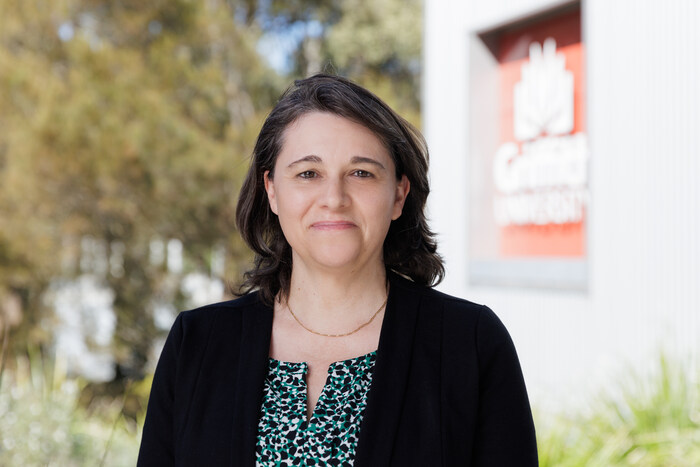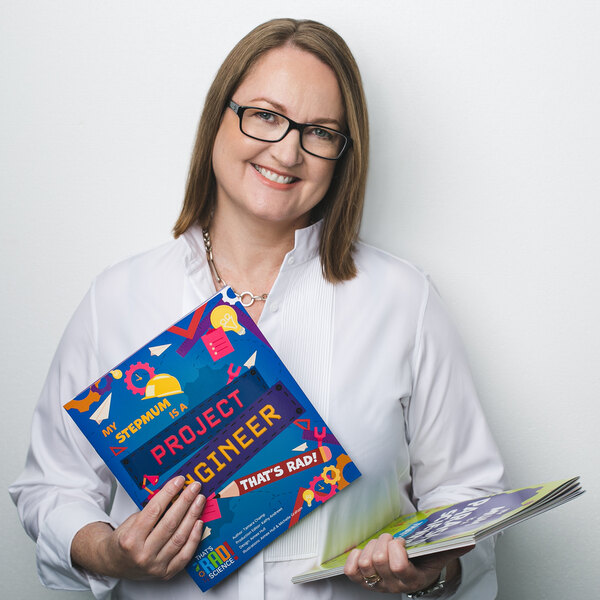NatureBank, a unique library of plant, fungi and marine invertebrate samples, allows researchers to accelerate biodiscovery and find chemical compounds with a range of useful applications.
Nearly half of all current medicines are derived from Nature, including, for example, the pain relief medication aspirin. But finding new drugs from Nature can be like looking for a needle in a haystack. That’s were NatureBank, housed within the Griffith Institute for Drug Discovery, Griffith University, steps in to help researchers tap into Australia’s unique biodiversity.
NatureBank accelerates biodiscovery by providing researchers with access to samples containing compounds with high potential for development into new drugs, animal health products, agrichemicals, food ingredients, nutraceuticals, cosmeceuticals and other applications.
The collection contains > 30,000 archived plant, fungi and marine invertebrate samples, a > 21,000 extract library and a > 105,000 fraction library. The NatureBank libraries have been shared with more than 30 universities, research institutes and companies, resulting in over 300 publications.
One of these collaborations has provided a promising lead compound targeting prostate cancer. Prostate cancer is the second most common cancer diagnosed in Australian men and the third most common cause of cancer death. By the age of 85, one in six men will be diagnosed with prostate cancer. As such there is an urgent and unmet need to discover and develop new treatments for this prevalent disease.
In 2014, GRIDD researchers Dr Michelle Liberio and Associate Professor Rohan Davis screened marine-derived samples from NatureBank against a prostate cancer cell line. They discovered an interesting compound from a Great Barrier Reef sea squirt sample that their team went on to synthetise in larger quantities for further testing. In 2021, this compound progressed to testing in prostate cancer animal models through a collaboration with Professor Colleen Nelson and Dr Jennifer Gunter of the Australian Prostate Cancer Research Centre, Queensland University of Technology and the Translational Research Institute at Princess Alexandra Hospital.
“NatureBank is a truly unique biodiscovery resource that has enabled us to discover new molecules from Nature that affect cancer metabolism. These compounds have the potential to impact cancer drug discovery and development,” said Professor Colleen Nelson, Queensland University of Technology.
The team are currently seeking investment to progress the compound through the next stages of its development into a lifesaving treatment for prostate cancer patients. One thing is for sure though, NatureBank significantly contributed to the acceleration of the first stages of this discovery.
“Without access to NatureBank, and the wonderfully unique chemistry it contains, we would never have discovered this marine-derived natural compound. NatureBank is a treasure trove of riches that is waiting to be used by scientists for the discovery and development of not only new anti-cancer drugs, but also other natural chemicals that might be used to fight infections, neurological conditions and other human diseases,” said Associate Professor Rohan Davis.
With NatureBank having such high potential to be a source of new drugs as well as compounds with other useful applications, we are sure to see more promising candidates emerge from this unique biodiversity platform in the future.
NatureBank samples can be sent to academic laboratories, companies and public research institutions around the world for biodiscovery projects. Please find more information here:
NatureBank can be accessed by contacting the NatureBank Manager, Associate Professor Rohan Davis. Please find his contact details here:
We are very grateful for any individual or corporate donations and bequests to help us take our research forward. To contribute to the ground-breaking research being undertaken using NatureBank:
Through the GRIDD Director’s Circle you can also help provide career and personal development opportunities for GRIDD’s students and early career researchers.
To keep up to date with developments at GRIDD:
Tile and banner image courtesy of the Queensland Museum. Image depicts a crinoid, Cenometra bella, found on the Great Barrier Reef, Queensland.
Sustainable Development Goals
Griffith University is aligned with the United Nation’s Sustainable Development Goals (SDGs) and is committed to tackling global challenges around good health and well-being (SDG 3) and partnerships for the goals (SDG 17).
